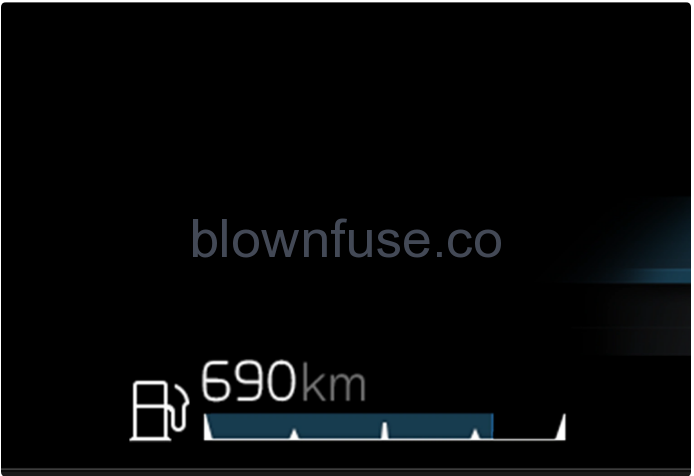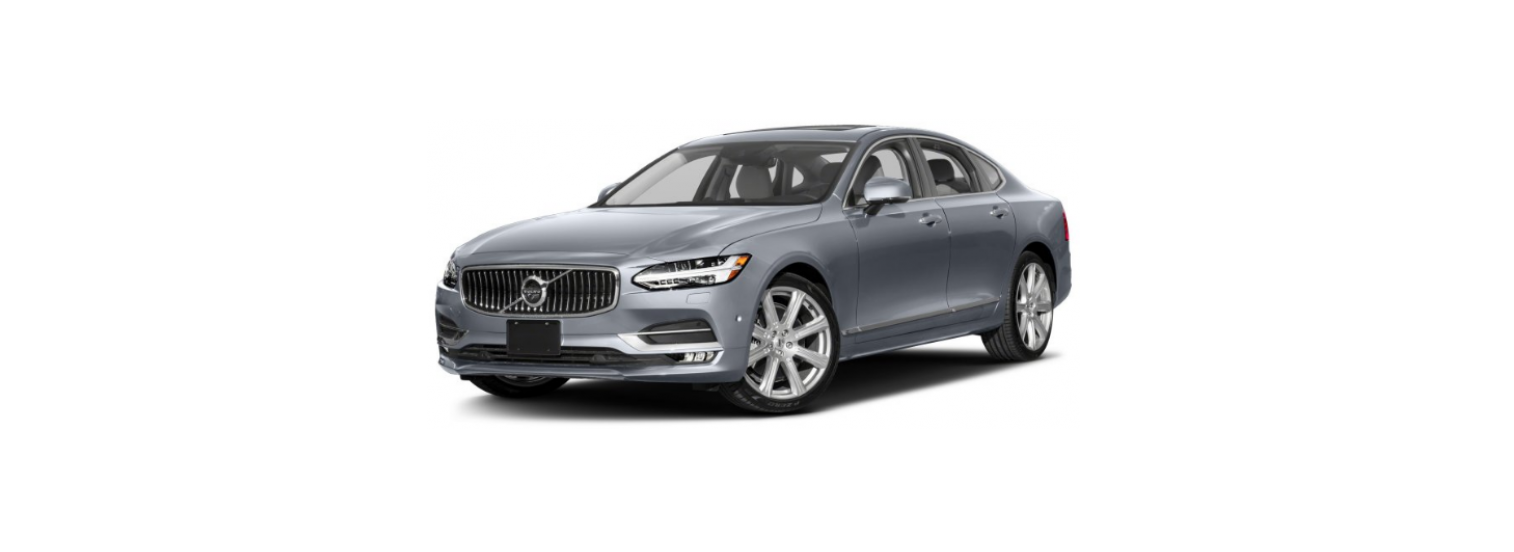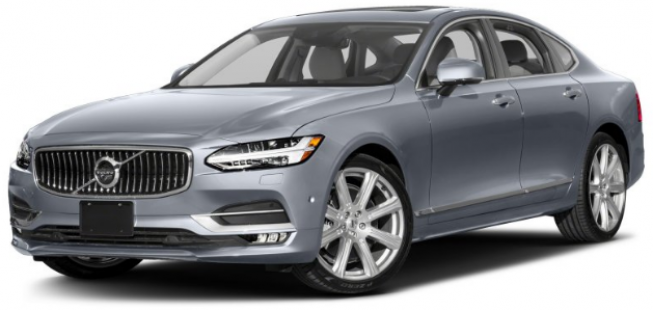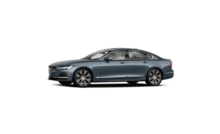

The blue zone in the fuel gauge indicates the quantity of fuel in the tank. When the fuel level is low, the fuel pump symbol illuminates and turns amber colour. Distance to empty tank is also indicated in the fuel gauge.
Handling of fuel
Do not use fuel with a lower quality than that recommended by Volvo, as this will negatively affect engine power and fuel consumption.
- Always avoid inhaling fuel vapour and getting fuel splashes in the eyes.
- In the event of fuel in the eyes, remove any contact lenses and rinse the eyes in plenty of water for at least 15 minutes and seek medical attention.
- Never swallow fuel. Fuels such as petrol, bioethanol and mixtures of them and diesel are highly toxic and could cause permanent injury or be fatal if swallowed. Seek medical attention immediately if fuel has been swallowed.
- Fuel which spills onto the ground can be ignited.
- Switch off the fuel-driven heater before starting to refuel.
- Never carry an activated mobile phone when refuelling. The ring signal could cause spark build-up and ignite petrol fumes, leading to fire and injury.
Mixtures of various fuel types or use of fuels which are not recommended will invalidate Volvo’s guarantees and any supplementary service agreements; this is applicable to all engines.
Petrol
It is important to use the correct fuel during refuelling. Petrol is available with different octane ratings that are adapted for different types of driving. Only use petrol from well-known producers. Never use fuel of dubious quality. The petrol must fulfil the EN 228 standard.
- Fuel that contains up to 10 percent by volume ethanol is permitted.
- EN 228 E10 petrol (max 10 percent by volume ethanol) is approved for use.
- Ethanol higher than E10 (max. 10 percent by volume ethanol) is not permitted, e.g. E85 is not permitted.
- RON 95 can be used for normal driving.
- RON 98 is recommended for good power and low fuel consumption.
- An octane rating lower than RON 95 must not be used.
When driving in temperatures above +38 °C (100 °F), fuel with the highest octane rating is recommended for adapted performance and fuel economy.
- Use only unleaded petrol to avoid damaging the catalytic converter.
- Fuel containing metallic additives must not be used.
- Do not use any additives which have not been recommended by Volvo.
Empty tank and diesel engine
Once the engine has stopped due to fuel starvation, the fuel system needs a few moments to carry out a check. Before starting the car after the fuel tank has been filled with diesel – proceed as follows:
- The key must be inside the car.
- Set the car in ignition position II by turning the start knob clockwise without depressing the brake pedal, and hold the knob in place for approx. 4 seconds. Then release the knob, which automatically returns to its starting position.
- Wait approx. one minute.
- Start the engine.
Before filling with fuel in the event of fuel shortage:
- Stop the car on as flat/level ground as possible – if the car is tilting there is a risk of air pockets in the fuel supply.
When filling diesel with a fuel can, use the funnel located under the floor hatch in the cargo area. Make sure you insert the funnel’s pipe firmly into the filler pipe. The filler pipe has two opening caps. The funnel’s pipe must be pushed past both caps before filling can be started.
Diesel
- It is important to use the correct fuel during refuelling. Diesel is available in different qualities adapted to different conditions.
- Only use diesel fuel from well-known producers. Never use fuel of dubious quality. Diesel fuel must fulfil the EN 590 or SS 155435 standard. Paraffinic diesel (HVO, XTL) according to the EN 15940 standard can be used. Diesel engines are sensitive to contaminants in the fuel, such as excessively high volumes of sulphur and metals.
- At low temperatures (lower than 0 °C (32 °F)) a paraffin precipitate may form in the diesel fuel, which may lead to starting problems. The fuel qualities that are sold must be adapted for season and climate zone, but for extreme weather conditions, old fuel or moving between climate zones, paraffin precipitate may occur.
- The risk of condensation in the fuel tank is reduced if the tank is kept well filled.
- When refuelling, check that the area around the fuel filler pipe is clean. Avoid spilling fuel onto the paintwork. Wash off any spillage with detergent and water.
Diesel fuel must:
- fulfil the EN 590, EN 15940 and/or SS 155435 standards
- have a sulphur content not exceeding 10 mg/kg
- have a maximum of 7 vol % FAME (Fatty Acid Methyl Ester) (B7).
Diesel type fuels that must not be used:
- Special additives
- Marine diesel fuel
- Heating oil
- FAME (Diesel fuel with maximum 7 vol % FAME (B7) is permitted.) and vegetable oil.
These fuels do not fulfil the requirements in accordance with Volvo recommendations and generate increased wear and engine damage that is not covered by the Volvo warranty.



